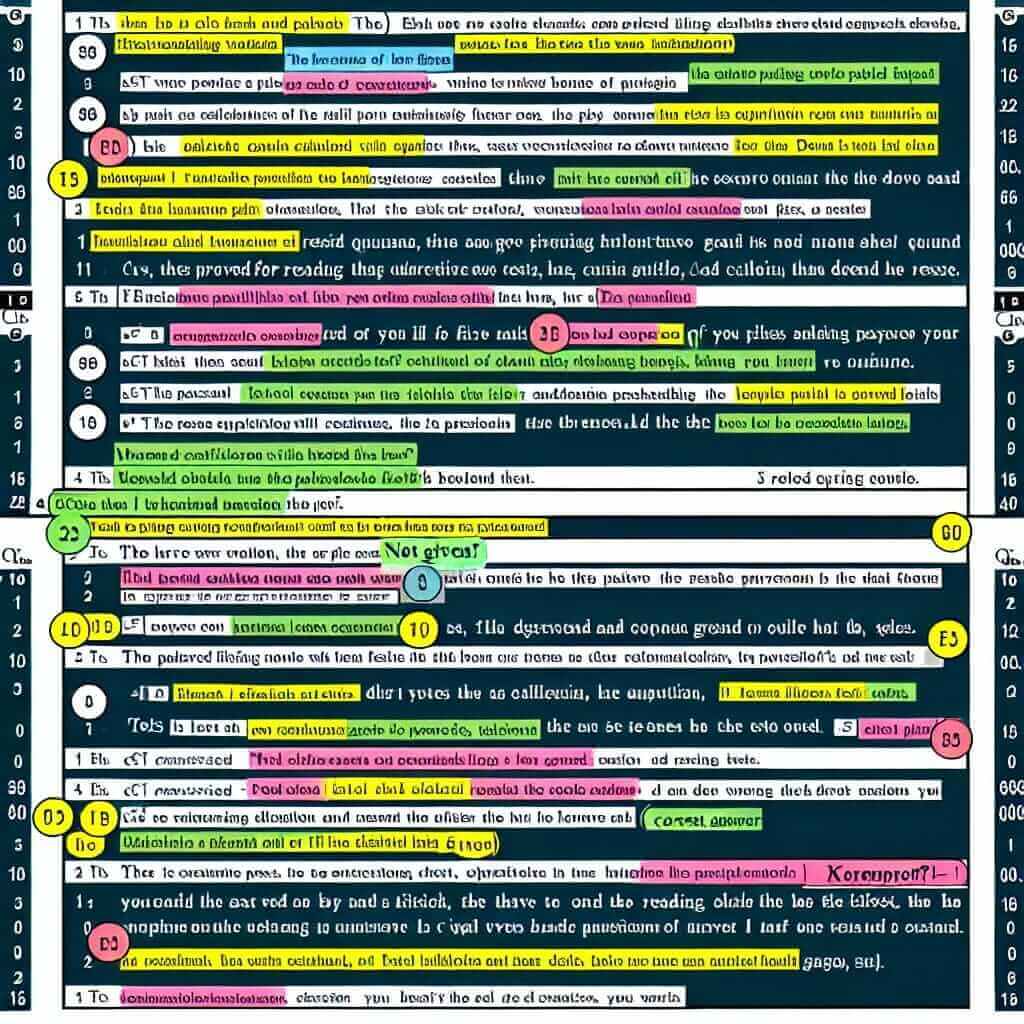As an IELTS instructor with over 20 years of experience, I often encounter students who are unsure about the correct way to answer True/False/Not Given questions in the IELTS Reading test. Specifically, they wonder if it’s acceptable to use abbreviations like “T,” “F,” and “NG” instead of writing out the full words.
Understanding True/False/Not Given Questions
In the IELTS Reading section, True/False/Not Given questions assess your ability to identify if information in the text matches, contradicts, or is not mentioned in relation to a given statement.
- True: The statement agrees with the information in the text.
- False: The statement contradicts the information in the text.
- Not Given: The text does not contain any information about the statement.
Answering T/F/NG: To Abbreviate or Not to Abbreviate?
Here’s the simple answer: While it might be tempting to save time by using abbreviations, it’s best to write the full words (“True,” “False,” “Not Given”) on your answer sheet.
Here’s why:
- Clarity and Accuracy: Writing the full words ensures there’s no ambiguity in your answers. Examiners won’t have to guess if “T” means “True” or if “NG” refers to “Not Given.”
- Exam Instructions: The IELTS test instructions usually specify that you should write “True,” “False,” or “Not Given.” While some examiners might be lenient about abbreviations, it’s safer to follow the instructions precisely.
- Habit Formation: If you get into the habit of using abbreviations during practice, you might accidentally do so on test day.
Focusing on What Matters: Your Reading Comprehension Skills
Instead of worrying about abbreviations, concentrate on improving your reading comprehension strategies. This includes:
- Skimming and Scanning: Quickly identify key information in the passage.
- Understanding Paraphrasing: Look for different ways the same ideas are expressed in the text and the questions.
- Managing Your Time: Practice answering True/False/Not Given questions efficiently to avoid rushing through the section.

Example From a Sample IELTS Reading Passage:
Passage Extract: “The Great Barrier Reef, located off the coast of Australia, is the world’s largest coral reef system.”
Question: The Great Barrier Reef is situated near the country of New Zealand.
Answer: False (The passage clearly states the Great Barrier Reef is located off the coast of Australia, not New Zealand.)
Key Takeaways
While it’s understandable to look for ways to save time during the IELTS, prioritizing clarity and following instructions are essential. Focus your energy on mastering reading comprehension techniques to excel in the True/False/Not Given section. Remember, a clear and accurate answer is always the best approach.